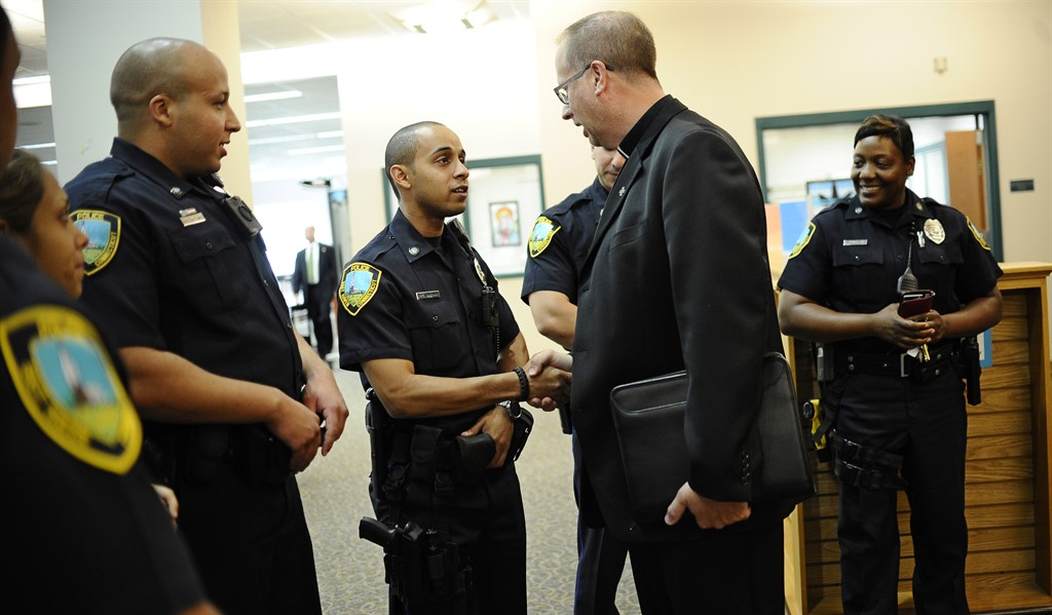This issue has cropped up in multiple states around the nation with varied results. Quite a few states and municipalities have passed laws either banning and limiting the public’s right to film police officers engaged in law enforcement activities or to ensure those rights. Arizona chose to impose limits on how close citizens can be to police while filming, while still allowing it in most circumstances. But even that was too much of a limitation for U.S. District Judge John Tuchi. He declared the law unconstitutional on Friday and struck it down. The response from the public has been mixed thus far. (ABC News)
A federal judge has ruled that an Arizona law limiting how close people can get to recording law enforcement is unconstitutional, citing infringement against a clearly established right to film police doing their jobs.
The ruling Friday from U.S. District Judge John J. Tuchi permanently blocks enforcement of the law that he suspended last year.
The Republican-backed law was signed by former Republican Gov. Doug Ducey in July 2022 but enthusiasm for the restrictions faded and legislators refused an opportunity to defend the law during an initial court suspension. Republican state Sen. John Kavanagh, who sponsored the measure, has said he was unable to find an outside group to defend the legislation.
As noted, the law was already in trouble well before this. The same judge suspended enforcement of the law last year while the challenges against it were heard. Judge Tuchi cited the First Amendment and a “clearly established right” to film police officers doing their jobs. Honestly, I’m not sure where anyone has been finding this “right” in the First Amendment, but I’ve generally been supportive of the right of people to do this sort of thing.
The eight-foot rule really didn’t make much sense either. Common sense should tell you that you shouldn’t get right on top of the cops when they’re actively making an arrest, particularly if the suspect is resisting. That’s not an assumption that the cops are doing something wrong, but rather a good way to avoid onlookers being injured. But eight feet isn’t a particularly great distance. Any cell phone should be able to film things taking place at that distance.
Perhaps I’m just suspicious by nature, but if police are demanding that third parties not film them while they are performing their duties, I find myself immediately wondering if they aren’t up to something they shouldn’t be doing. I have similarly supported requirements for body cameras for law enforcement for the same reasons. They not only offer a way to identify the rare instances of abusive police behavior when they crop up, but they can vindicate officers who are following proper procedures but are falsely accused of abuse by suspects.
There are exceptions, however. If the police are out on the street just talking to someone, that person may wind up being a confidential informant. They don’t want their face plastered all over the internet speaking to the police because bad things could certainly happen to them. Similarly, filming inside police stations should be generally discouraged because you’ll wind up recording more people than just active-duty, uniformed police officers. Such filming at random moments could expose the identity of undercover, plain-clothes officers.
It just strikes me as unfortunate that we wind up needing any of these laws regarding the filming of police officers. It seems like common sense could dictate when there’s a need to record videos and when it could prove problematic. And if civilians take officers’ explanations of what is going on seriously, such decisions could be handled on a case-by-case basis.









Join the conversation as a VIP Member